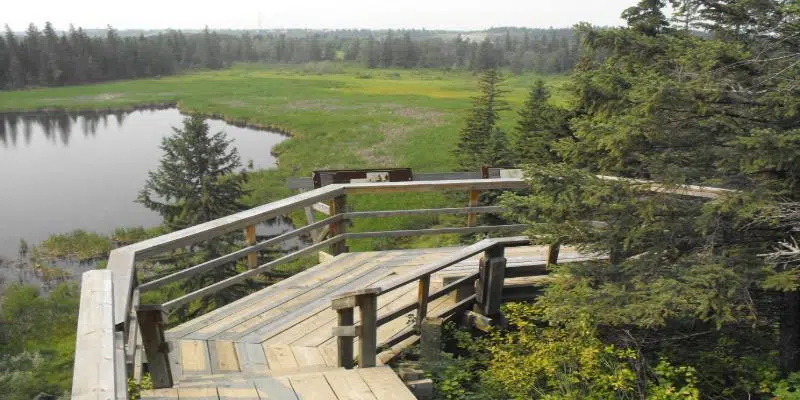
Lacombe and Red Deer ranked among best Canadian cities to live
An online personal finance and lifestyle magazine says “The province is rebounding. And Red Deer is the place to enjoy the benefits.”
In its Canada’s Top 25 Best Places to Live in 2018 list, Moneysense ranks Lacombe as the fifth-best city in Canada in which to live. Red Deer is also on the list, checking in at number 12.
Moneysense says the strong rankings are a sign of Alberta’s improving economy.
“Lacombe’s year-over-year unemployment rate dropped the fifth fastest of any city in 2018, with high average incomes and a fast-growing population contributing to its strong showing,” the magazine noted.


